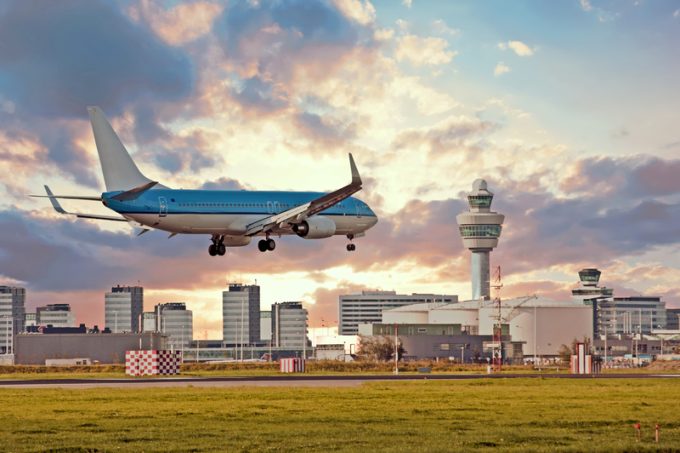Interview: Schiphol's Joost van Doesburg on slot issues and integrated cargo
Despite a modest decline in tonnage last month, Amsterdam Schiphol (AMS) is outperforming most of ...

As pharmaceutical manufacturers push to complete their trials of Covid-19 vaccines, Amsterdam Airport Schiphol is at the centre of a race to make sure the transport of vaccines by air and road will go as smoothly as possible.
There is no doubt that the effort to distribute vaccines around the world will strain the air cargo industry and that it requires collaboration across a broad range of parties – from transport and logistics providers to several government agencies – to manage ...
New senior management for DSV as it readies for DB Schenker takeover
Volumes set to 'fall off a cliff' as US firms hit the brakes on sourcing and bookings
Temporary tariff relief brings on early transpacific peak season
'Tariff madness' will prompt renegotiation of ocean shipping contracts
Response to tariffs by Chinese importers may see extra costs for US shippers
Forwarders 'allowing the fox into the chicken run' by supporting 'hungry' carriers
FedEx and UPS add 'China fee' ahead of the end of de minimis
Carriers warn of delays as congestion increases at North Europe's ports

Comment on this article